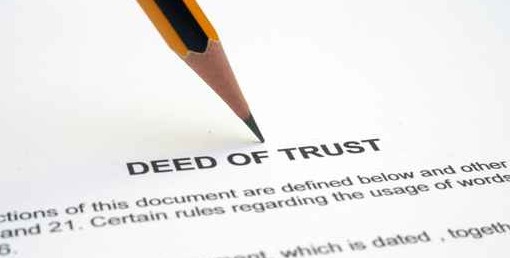 06
06Jan
Things to Keep in Mind when Purchasing a Home in Arizona
When you consider buying a house in Arizona, there are a lot of details that should be considered before signing a purchase contract. If not married, should both people sign their name on the deed? What are the ramifications of doing so? What kind of deed will you get from the seller? All of these questions are important considerations when buying real estate.
Arizona is a community property state so if you are purchasing a home and are already married, both people will have legal ownership of the home unless you agree otherwise. If you are not married and want to purchase property that you and your significant other will both live in, consider whose name will be listed as owner on the deed. If one partner has bad or non-existent credit, and the other has a high credit score, the partners might not even have a choice as to who has ownership in the home because the lender might not lend the money if the name of the partner with poor credit is attached. Deciding whose name is on the deed is also very important if and when the partners go their separate way or default on the loan. If it is in the name of only one partner and the other contributed to the house payments, the partner without his name on the deed may still have a claim against the partner with their name on it the deed.
 What happens if the home loan is defaulted on? Arizona has anti-deficiency protection under some circumstances but it does prevent the default from reflecting poorly on a borrower’s credit report. If both partner’s names are on the loan, then it will probably reflect poorly for both of them. If only one partner has his name on the deed, then only that one’s rating will be negatively impacted. It is imperative to take all of these factors into account when making the decision as to whose name(s) will be on the deed and the home loan.
What happens if the home loan is defaulted on? Arizona has anti-deficiency protection under some circumstances but it does prevent the default from reflecting poorly on a borrower’s credit report. If both partner’s names are on the loan, then it will probably reflect poorly for both of them. If only one partner has his name on the deed, then only that one’s rating will be negatively impacted. It is imperative to take all of these factors into account when making the decision as to whose name(s) will be on the deed and the home loan.
A deed is the document that transfers real estate from one person to another. Not all deeds are the same, nor do all offer the same guarantees to the buyer in Arizona. A Quitclaim Deed offers the least protection for the buyer. It transfers whatever ownership interest the seller has in the property. It makes no guarantees about the extent of the seller’s interest. A Specialty Warranty Deed conveys the property with two warranties: that he or she received the title to the property and that the property was not encumbered during the seller’s ownership. The grantor of a Special Warranty Deed warrants the title only against his own omissions and/or defects, and warrants nothing pertaining to the title prior to his possession. A General Warranty Deed offers the most protection for the buyer. Like the Special Warranty Deed, it guarantees that the seller:
– Owns the property
– That the seller is legally allowed to sell the property
– That the property has not already been sold
– That the property is free of debt or other claims ( other than any mentioned in the deed)
– That the seller is responsible for any problems/faults with the property.
Unlike the Special Warranty Deed, the General Warranty Deed guarantees of these things not only during the seller’s ownership of the property, but also before the seller owned the property.
Purchasing a home, especially for the first time, can be confusing to the purchaser, and if the documents are not executed properly, there can be serious consequences. It is important to have someone who understands real estate law and has experience conducting real estate transactions to advise you during the purchase of real estate.
United States Tel: (602) 230-1393 Fax: (602) 230-1273